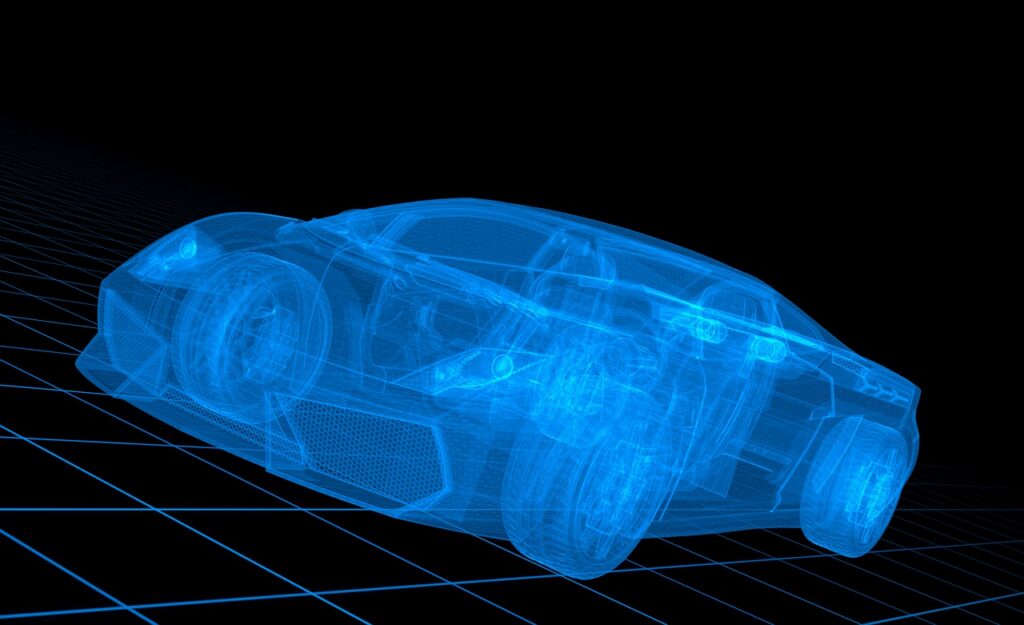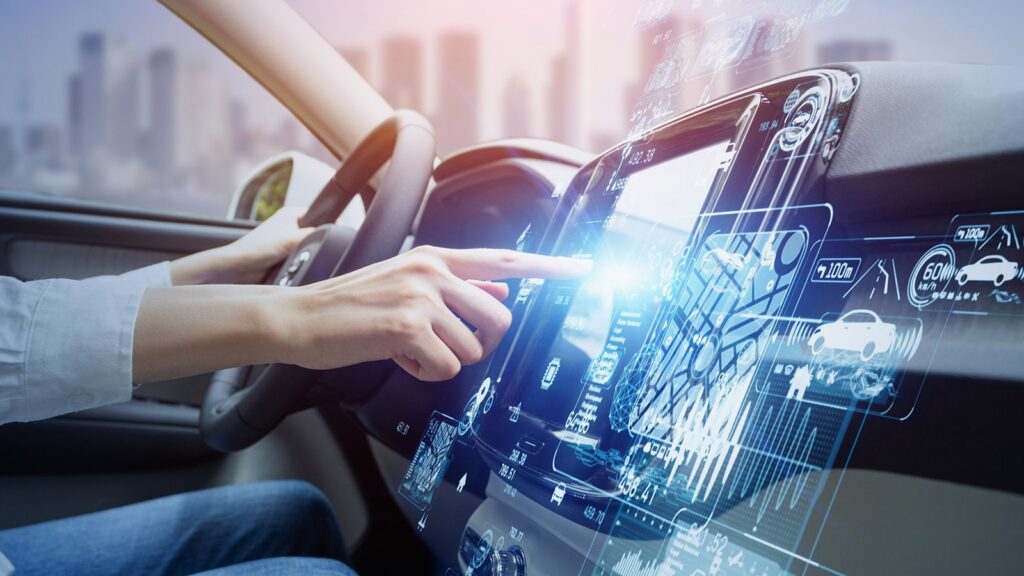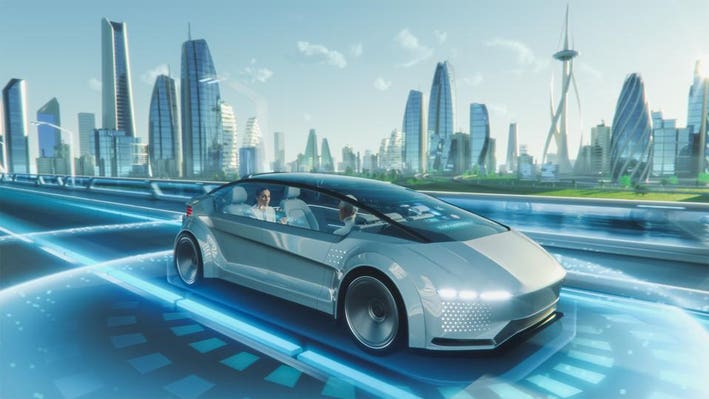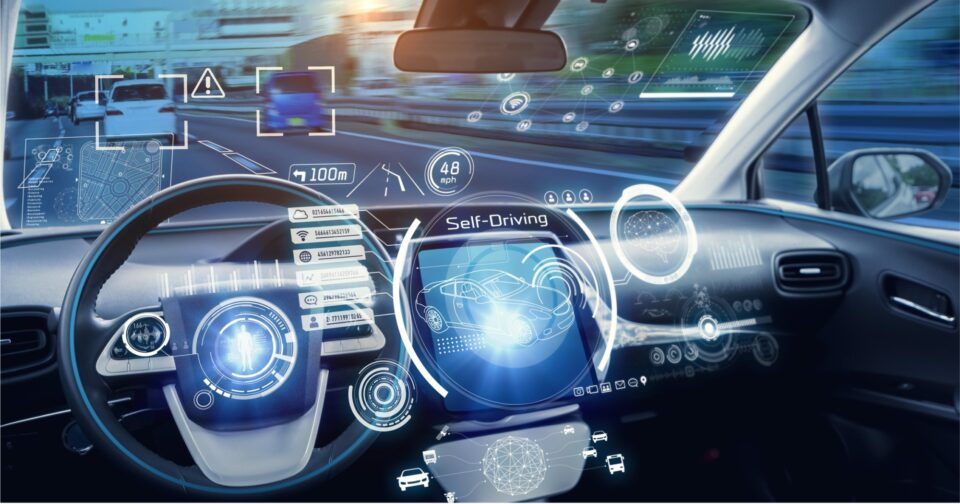The automotive franchising sector, a cornerstone of the global economy, has long been recognized for its vast network of dealerships, service centers, and parts suppliers that bridge manufacturers to consumers. Since the invention of the automobile, the industry has been a testament to human ingenuity, evolving rapidly with every technological advancement, from the integration of the assembly line in the early 20th century to the incorporation of advanced electronics in modern vehicles.
In recent decades, we’ve witnessed an unparalleled metamorphosis driven by digital transformation. In today’s hyper-connected world, where every facet of our lives intersects with technology, the automotive franchising sector is no exception. The imperative to embrace digital innovations is not merely about staying current; it’s about steering the industry towards a future that promises efficiency, sustainability, and unprecedented customer experiences.

The Age of the Connected Car
As we transition into a new era of technological integration, the “Connected Car” emerges as a symbol of this evolution within the automotive sector. Connected cars, often equipped with internet access and a myriad of sensors, offer enhanced diagnostic features, real-time data on vehicle performance, and the ability to sync seamlessly with other smart devices, including smartphones and home automation systems. Beyond just navigation and entertainment, these cars are at the forefront of safety innovations, offering features such as lane departure warnings, automatic emergency braking, and even predictive maintenance alerts.
The rise of the Internet of Things (IoT) plays a pivotal role in this transformation, turning the once standalone automobile into an integrated node within a vast digital network, paving the way for advancements like autonomous driving and V2X (vehicle-to-everything) communications. This digital shift not only redefines the driving experience, but also heralds new franchise opportunities and challenges for automotive businesses worldwide.
Advancements in Sales & Customer Experience

The digital wave has significantly reshaped automotive sales and the way customers engage with dealerships. Gone are the days when purchasing a car involved multiple visits to brick-and-mortar showrooms. Today, virtual showrooms and augmented reality (AR) tools allow potential buyers to explore, customize, and even test-drive vehicles from the comfort of their homes. This digital immersion not only enhances the buying experience but also caters to the evolving demands of a more tech-savvy consumer base.
With the integration of AI-powered chatbots and sophisticated CRM (Customer Relationship Management) systems, dealerships can offer 24/7 customer support, providing instant responses to queries, scheduling maintenance appointments, and even facilitating online transactions. This constant evolution in sales methodologies and the focus on a tailored customer experience, driven by data analytics and predictive modeling, underscores the industry’s shift from a product-centric approach to a customer-centric one, ensuring a smoother and more personalized journey for the modern car buyer.
Supply Chain & Inventory Management Revolution
The advent of digital technologies has instigated a revolutionary shift in the efficient management of supply chains and inventory. Advanced Enterprise Resource Planning (ERP) systems now facilitate real-time tracking of parts and vehicles, allowing manufacturers, suppliers, and dealers to synchronize their operations with unparalleled precision. This digitization ensures that inventory levels are optimized, reducing carrying costs and minimizing potential stock outs or overstock situations.
RFID (Radio Frequency Identification) technology, in particular, has made significant strides within the sector. By affixing RFID tags to parts and vehicles, stakeholders can gain instant visibility into product location and status, streamlining warehousing, and distribution processes. Moreover, the emergence of 3D printing in the automotive world is not just a futuristic concept but a burgeoning reality. With the ability to produce parts on-demand, dealerships and service centers can potentially reduce their dependency on vast inventories and long lead times, ensuring quicker and more efficient responses to customer needs.
Sustainable Mobility & Green Initiatives

Electric Vehicles (EVs) have transitioned from being niche alternatives to being central players in this green revolution. The push towards electrification isn’t solely driven by regulatory mandates; it’s a response to growing consumer demand for cleaner and more energy-efficient transportation options. Battery technologies are constantly evolving, improving vehicle range, and reducing charging times, thus making EVs more accessible and practical for a larger segment of the population.
But the green initiatives don’t stop at electrification. Automotive manufacturers and franchises are exploring and investing in a host of sustainable practices. From utilizing renewable energy in production facilities to the development of bio-based materials for vehicle interiors, the focus is on reducing the carbon footprint across the entire lifecycle of a vehicle. Furthermore, smart grid systems and infrastructure are being developed to support the wide-scale adoption of EVs, ensuring that the electricity powering these vehicles comes from renewable sources.
Training & Skill Development for the Future

Traditional roles in the automotive sector, once focused primarily on mechanical expertise, are now evolving to encompass a broader range of skills, including digital proficiency, data analytics, and an understanding of interconnected systems. Training programs have started integrating immersive technologies like virtual reality (VR) and augmented reality (AR), offering hands-on experiences in virtual environments. These platforms enable technicians and sales personnel to familiarize themselves with the latest car models, technologies, and repair techniques without the constraints of a physical setting.
Collaborations between franchisors, tech companies, and educational institutions are becoming increasingly prevalent, giving rise to specialized courses and certifications tailored for the modern automotive world. Such partnerships aim to bridge the skills gap and ensure that employees at all levels, from assembly line workers to dealership managers, are equipped to handle the challenges of the digital age.
The automotive sector, once defined by its mechanical innovations, now finds itself at the intersection of advanced technology, sustainability, and evolving consumer expectations. Digital transformation, sustainable practices, and a focus on training and development are not mere trends but essential components of the industry’s future roadmap.

